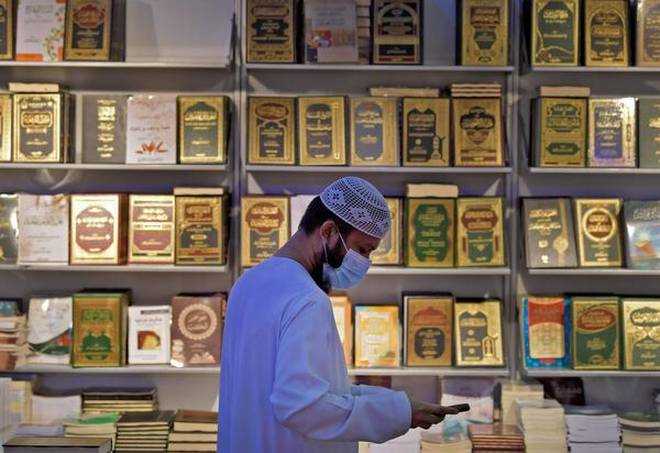From criminalising the so-called “honour-killings” to relaxing alcohol restrictions and permitting unmarried couples to cohabitate, the United Arab Emirates announced significant reforms of the country’s Islamic personal laws on Saturday, November 7.
The announcement was made on the state-run WAM news agency and detailed in the state-linked newspaper, the National ahead of the Expo 2020 which is expected to bring major investments and around 25 million visitors to the country.
The reforms also seek to expedite an influx of Israeli tourists and investment following the historic US-brokered deal to normalize relations between the UAE and Israel.

The major overhaul is aimed at broadening the personal freedom of the Emiratis and the expatriates living in the country. They underline UAE’s efforts in being at pace with the developing world and effectively boosting the country’s economic and social standing and “consolidate the UAE’s principles of tolerance.”
Here are the reforms that the Gulf country seeks to implement-
Criminalising “honour-killings”
The government has decided to do away with laws protecting honour crimes, where the male relative may evade prosecution for assaulting a woman seen as dishonouring a family. However, with a new set of reforms, the punishment for crimes committed to eradicating a woman’s “shame,” for promiscuity or disobeying religious and cultural strictures will be the same for any other kind of assault.
“There will be tougher punishments for men who subject women to harassment of any kind, which is thought to cover street harassment or stalking,” The National reported. It also stated that the rape of a minor or someone “with limited mental capacity” will be punished with execution.
Allowing Cohabitation of unmarried couples
What stood as a crime in UAE has now been given countenance under the new reforms. Previously, it was illegal for an unmarried couple, or even unrelated flatmates, to share a home in the UAE, The National said.
Although authorities went easy on foreigners in relatively unrestrained areas of Dubai, the decriminalisation will attract more people to move to the country feeling no threat from such a lifestyle.
Alcohol Consumption
Drinking alcohol is no longer an offence for those above 21 years of age, however, underage drinking remains punishable. Penalties for possessing and selling alcoholic beverages without a state-sanctioned license have also been stripped off under the new reforms.
Even earlier, the prosecution in such cases was rare but those caught drinking without a government-issued license was arrested for a separate offence. This will no longer be applicable now.
Muslims who were barred to obtain a license are now allowed to consume alcoholic beverages freely under the new reform.
Divorce, Succession and Suicide
Couples who were married in their home country but are seeking a divorce in UAE will now have the laws of the country applicable to them instead of the Shariah law of the country.
Matters of succession and determination of the division of assets would now be dealt with as per the law of a person’s citizenship. However, property purchased in the UAE will continue to be managed following Shariah law.
In a major reform, suicide and attempted suicide have also been decriminalised. Anyone who attempted suicide earlier could be prosecuted but under the reform, they would instead be given medical and mental health assistance. Assisting a person in carrying out suicide remains an offence.
















